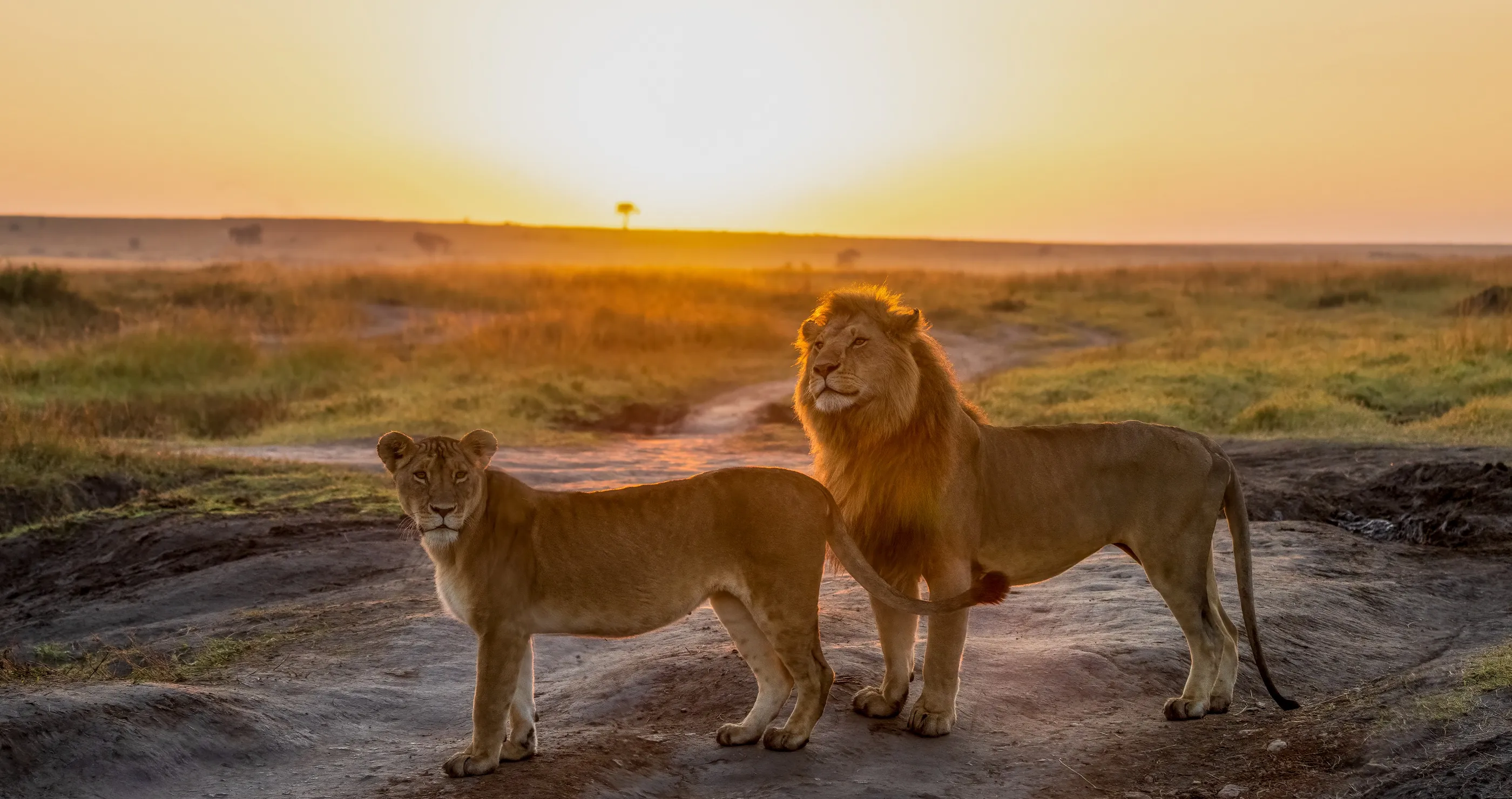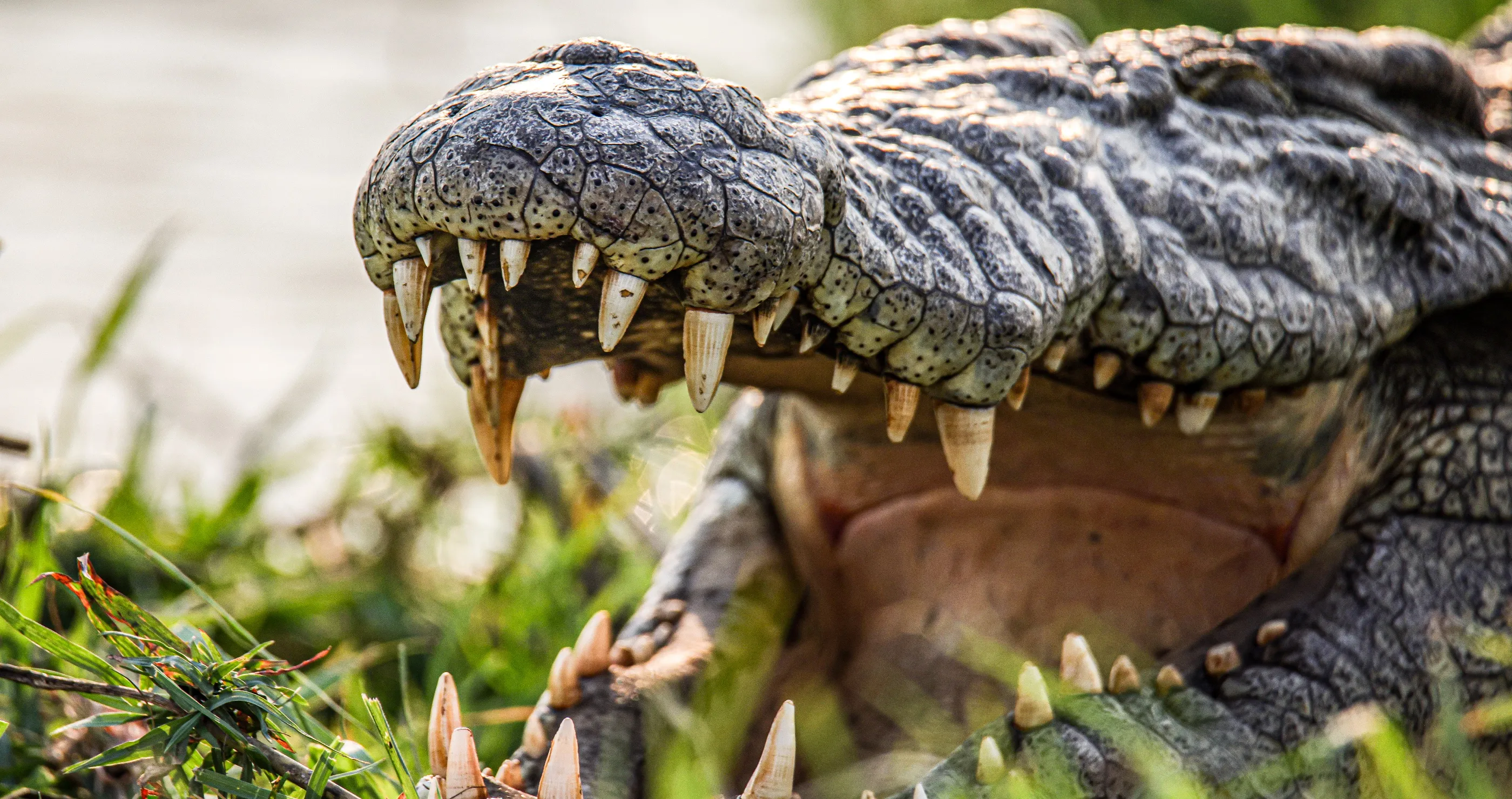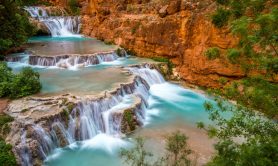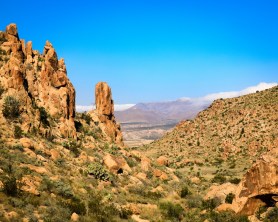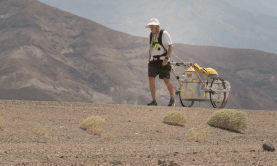

Ultra running is all about pushing limits. That’s difficult for many to understand, especially those who get winded by a 5K, but most ultra runners will tell you that they’re driven—and, at times, possessed—to find their body’s natural stopping point, and then to find a way to go beyond that.
Videos by Outdoors
To keep things interesting—and to keep these impressive athletes eternally on their toes—there are plenty of races across the country that seem to exist specifically to push these athletes into what they like to call “pain caves.” Read on to live vicariously through seven of our nation’s finest, and absolutely wildest, races.
Barkley Marathons
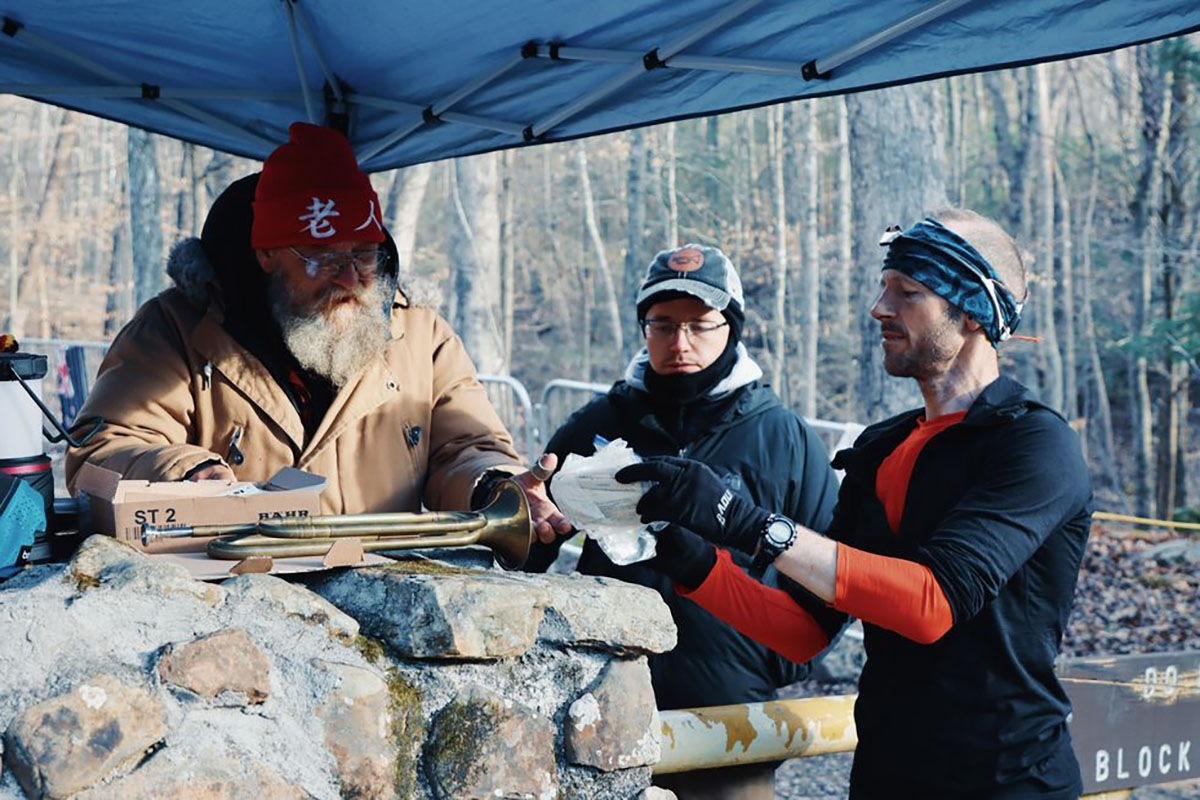
This 100-plus-miler race in northeastern Tennessee is nearly impossible to finish. The all-time record number of people who have finished a single race? Just three. And that’s only happened twice, ever, in the race’s nearly 40-year history. The route of the race is inspired by the 1977 prison escape of murderer James Earl Ray. It includes five loops that are about 20-miles long. The route traverses several mountains and involves an elevation gain of more than 60,000 feet. Contestants have three sleepless days and nights to finish the race, without a GPS, phones, or any aid stations. No wonder only 17 people have finished the race to date.
Max Vert Challenge
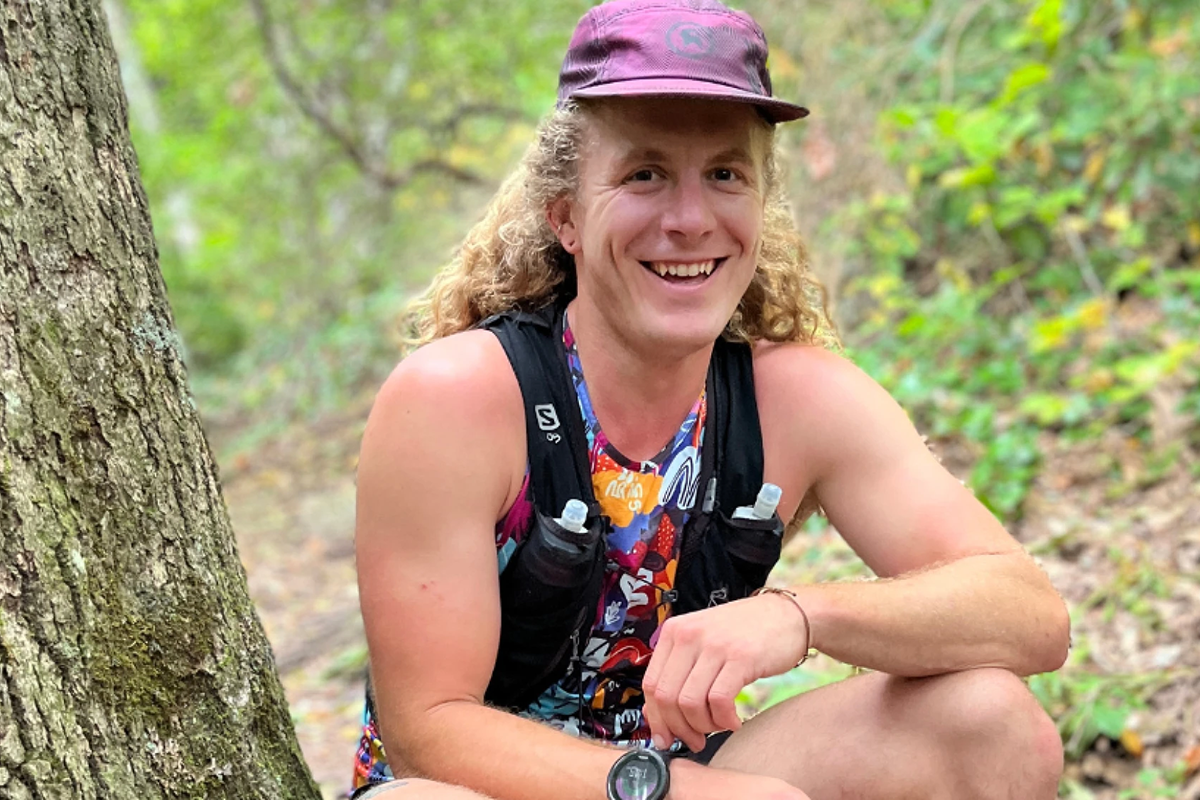
Endurance, persistence, and a whole lot of free time are the name of the game with this unique, month-long running competition organized by Cirque Series. The series got its start during the pandemic when in-person races were canceled, but it’s stuck around with members of the ultra community ever since. Unlike most running competitions, the Max Vert Challenge is remote and can be done from anywhere, although ideally somewhere with a significant amount of steep trails. The goal is to notch as many vertical miles of elevation as possible in the month of October. Last year’s winner, Reid Woolsey, cranked out more than 500,000 feet of elevation over 933 miles, and he ran the same steep trail up to 30 times per day to make those numbers happen.
Leadville Trail 100
Lodged in the heart of the Rocky Mountains, this rugged race is most famous for its appearance in the groundbreaking ultra running book Born to Run. Over the course of 100 miles, the race forges through 14,200 feet of elevation and takes about a full day of running to complete. The course has a 30-hour cut off and usually only about half of the runners finish. What really makes the Leadville a doozy—besides the punishing ups and downs—is the altitude, which kicks off at around 9,200 feet elevation and leaves runners feeling like they’re breathing through a straw.
Iditarod Trail Invitational 1000
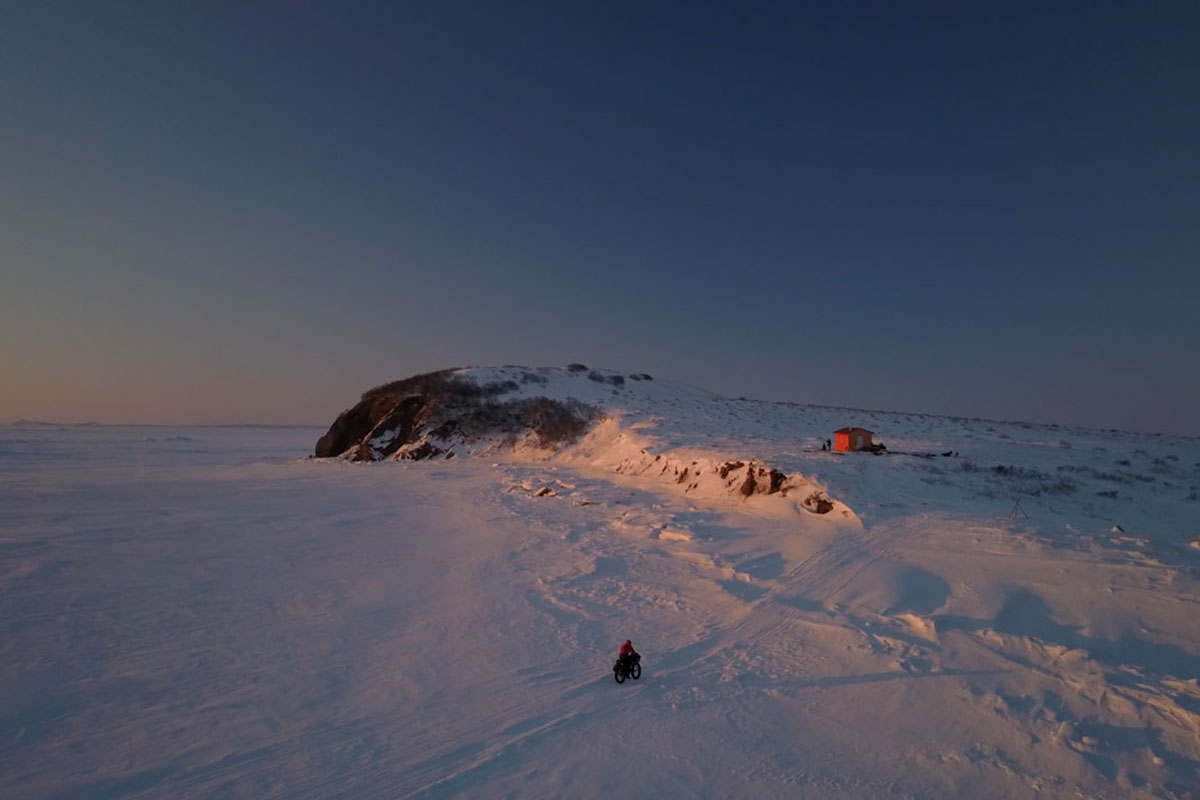
This Alaska-based endeavor, not to be confused with the sled-dog race, bills itself as “a measure of human willpower like no other.” And honestly, we agree. Winter survival skills are a must, as there is minimal support offered to race contestants, who must carry all their food, water, and gear on a sled strapped to their bodies, occasionally picking up restocks at remote villages buried deep in the Alaskan wilderness. Contestants can choose to take the race on fat bikes, skis, or foot. To qualify for the full race, which spans 1,000 miles of the Iditarod Trail from Knit to Nome, contestants must first complete the Iditarod 350 to even be considered. The journey takes about a month and the weather is frequently inhospitable, ranging from -50 to 35 degrees Fahrenheit and often involving gale force winds, rain, blizzards, waist-deep snow, mud, and glare ice.
HURT 100
Consider yourself warned—this race has the word “hurt” in it for a reason. While most people associate Hawaii with serene beaches and Mai Tais, this Oahu ultra race is considered one of the most challenging 100-milers in the world. Runner Sabrina Stanley describes the trail as “riddled with roots that intertwine with each other . . . some layered so thick they hit you at the knees.” In addition to crazy roots “acting as constant tripwire,” there are also slippery rocks, chaotic staircases, and chest-high rock walls that must be conquered all over the trail, Stanley adds.
Badwater 135
This 135-mile race, cutting straight through California’s Death Valley in mid-July, proves that ultra running truly has no bounds. As one of the hottest places on Earth, Death Valley creeps upwards of 125 degrees Fahrenheit and can dehydrate runners almost immediately. While runners’ shoes do routinely melt on the asphalt during this race—sometimes multiple times in a race—we were surprised to learn that, somehow, no one has ever died running this race. On top of profound heat and dryness, the Badwater also climbs from the lowest point of California to the highest contiguous peak in the United States: Mount Whitney, which stands 8,300 feet tall.
Moab 240
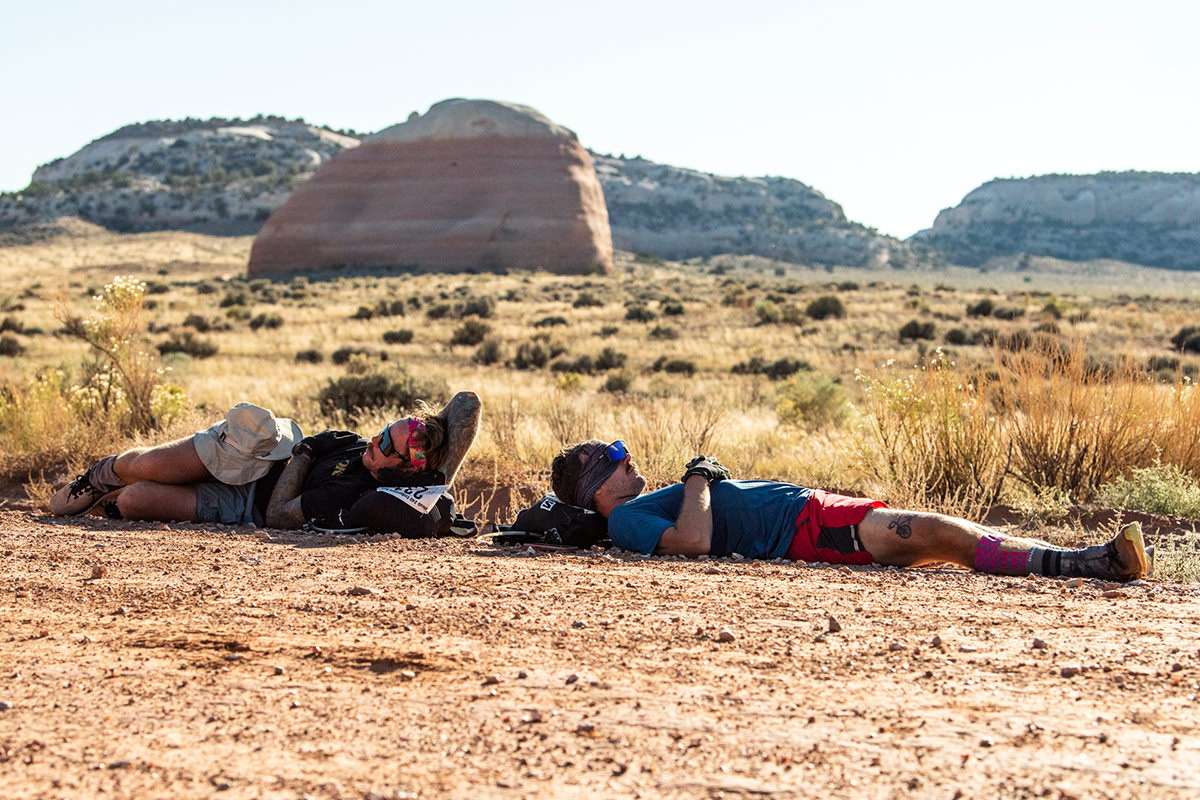
Deep in the Moab Desert, this 240-miler beckons runners from all over the world. It traverses canyons, mesas, and two whole mountain ranges, climbing 29,400 feet in the process. At the starting line, runners recite the following: “If I get lost, hurt, or die, it’s my own damn fault.” After five days, anyone who hasn’t finished the race is disqualified. Weather ranges from brutal dry sun to frigid snow, while runners fight everything from hallucinations to dehydration.
